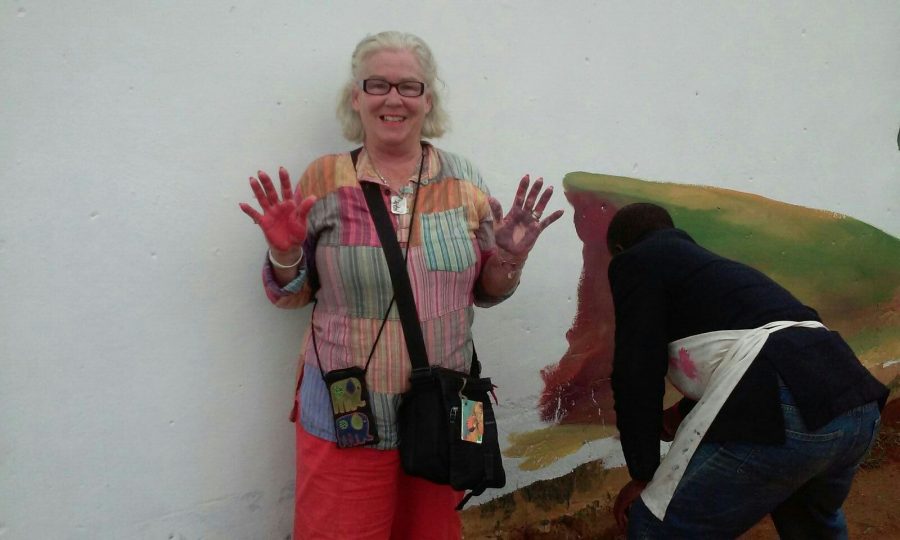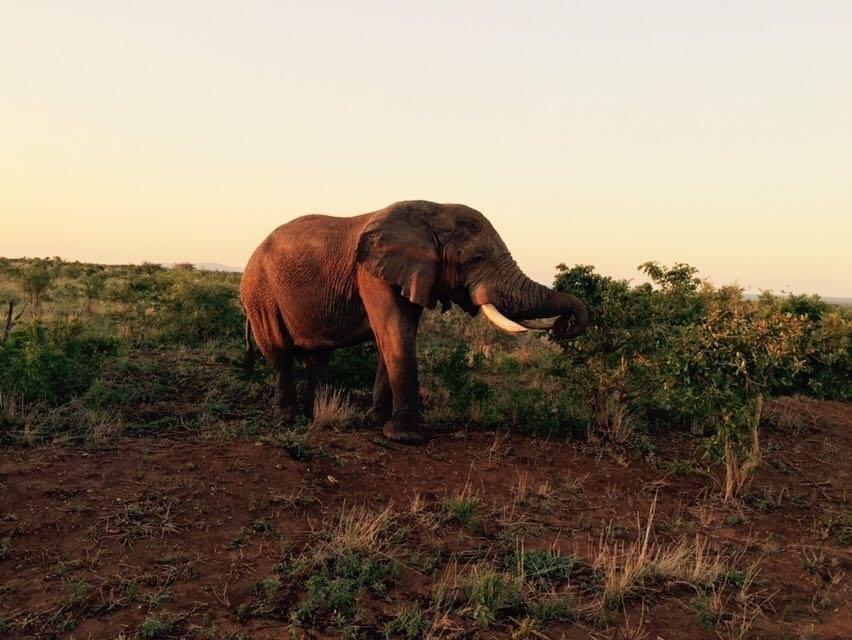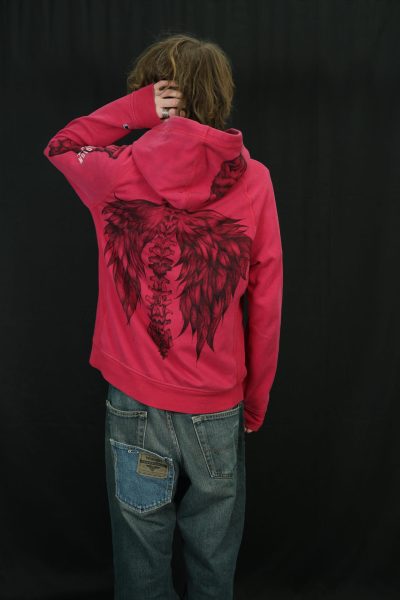Munsey Alston: Peace Corps
Alston on her free time, would go around the village to shop, paint and do other activities. She enjoyed finger painting and being creative.
Munsey Alston was 68 years old when she joined the Peace Corps. She was assigned to Swaziland, a small country in Sub-Saharan Africa. The languages are SiSwati and Zulu, but most people speak SiSwati. Alston inspiration to join the Peace Corps was to help a less fortunate part of the world. When Munsey was a sophomore in high school, planning to go into nursing, she promised herself that she would someday join the Peace Corps.
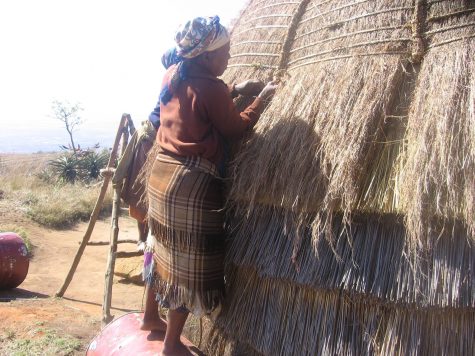
In Swaziland, Alston lived in a village that was experiencing a drought. There was hardly any water and a shortage of crops. Alston home was a cement brick hut with a straw roof that had no running water, no bathroom and no kitchen. The nearest water source was five miles away. There was no wifi, T.V. or electricity. Alston lived with a family on their homestead. Everyone had very poor living arrangements.
Alston experienced many challenges while in The Peace Corps. Sub-Saharan Africa was experiencing the worst drought in decades. There was a shortage of crops for four years straight, so there wasn’t enough food. Many people were starving. Another important problem was HIV/AIDS. HIV is a immune deficiency syndrome. One-third of the population in Swaziland has AIDS. Peace Corps cared for 145,000 Orphans and Vulnerable Children (OVCs) whose parents have died of AIDS.
Alston felt very welcomed into her village by the women. “In Swaziland, women have no rights in the rural areas,” Alston said. The Village Chief and Inner Council do not agree with women’s equality. “Most of the time I was caring for the children who were sick and had lost their parents. Women and girls need to be empowered,” Alston said
Alston established a weekly group to help boys with HIV prevention, life skills and self esteem. She thought this would be very important. It taught boys to make later life decisions responsibly. Alston and other Peace Corps volunteers would feed them and take care of the kids. Many Peace Corps volunteers would teach these kids how to play soccer.
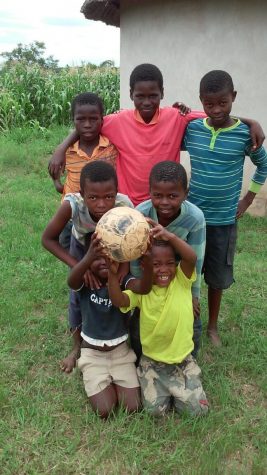
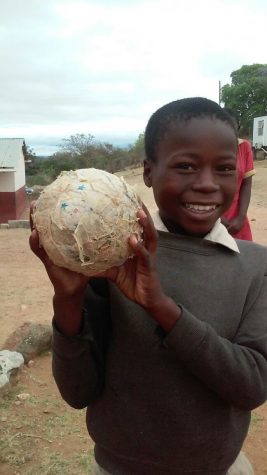
Alston had a hard time adjusting to Swaziland society because it is a male dominated culture and allows
polygamy. In the rural areas, a Chief and his Inner Council tells people what to do. The King dictates women’s dress restrictions. Women have to wear long skirts and dresses and always must cover their hair. There is no dress code for the men, except at the rural functions. Women would sell handicrafts, candy, fruits in season like avocados, oranges, papaya and marula. Some men in rural areas would herd goats and cattle. In other areas there is high rate of male unemployment. Men would sit in the village square, playing cards and drinking alcohol. Alston decided that she would work with women and young children. “Widows had no rights at all,” Alston said. “They were pariahs.”
In Alston’s village, corn was the primary food source. The corn crop failed two years in a row. There were lots of sweet potato, peanuts and home grown chickens. In the village, they did not have a good water source. To receive water the villagers had to walk five miles and carry 20 gallon containers back to their hut.
Despite Swaziland’s poverty, Alston found that it is a beautiful country. There are many wildlife preserves, where there are many African species. “My favorite animals were lions, giraffe and elephants,’” Alston said. Through all the difficult times, Alston found away to make a difference.
After spending two years in Swaziland, Alston realized that its problems are severe. They include widespread poverty, starvation, lack of water, gender inequality, inability to grow crops and the HIV-AIDS epidemic. Villagers in the rural areas are so grateful for the United States Peace Corps partnership in their villages. The Peace Corps helps mitigate some of their overwhelming problems.



